Navigating the complexities of senior care transitions can be overwhelming for families, and Care Concierge of New England is dedicated to easing this journey. Specializing in personalized support, they provide resources and guidance tailored to the unique needs of each family. From assessing individual care requirements to coordinating with healthcare providers and locating suitable living arrangements, Care Concierge offers a comprehensive approach to senior care.
Their compassionate team assists with logistical arrangements and offers emotional support, ensuring families feel understood and empowered during this challenging time. By focusing on the individual needs of seniors and their families, Care Concierge of New England stands as a trusted ally in the transition process, promoting dignity and quality of life for all involved.
Understanding the Senior Care Transition Process with Care Concierge
Assessing Individual Needs
The first step in the senior care transition process is a comprehensive assessment of individual needs. Care Concierge of New England takes the time to understand each senior's health status, lifestyle preferences, and personal goals. This initial evaluation is essential in developing a tailored care plan that addresses the unique challenges and desires of the individual, ensuring a smooth transition.

Coordinating Healthcare Providers
Effective communication among healthcare providers is crucial during the transition process. The Care Concierge acts as a liaison, coordinating with physicians, therapists, and other senior care professionals. This collaborative approach helps facilitate the necessary services and treatments, ensuring that the senior receives consistent and coordinated care.
Locating Suitable Living Arrangements
Finding the right living arrangement is a significant aspect of the senior care transition. Care Concierge assists families in exploring various options, such as assisted living facilities, nursing homes, or in-home care. By evaluating the specific needs and preferences of the seniors, they guide families through the selection process, helping them make informed decisions that promote comfort and well-being.
Offering Emotional Support
Transitioning into senior care can be an emotionally taxing experience for both seniors and their families. Recognizing this, Care Concierge provides compassionate emotional support throughout the process. Their team encourages open communication, facilitating discussions that allow families to express their concerns and feelings. This support system plays a vital role in fostering a positive transition experience, empowering families to navigate the changes with confidence.
Personalized Support for Families Facing Senior Care Decisions
Understanding Family Dynamics
Every family has its unique dynamics that influence the decision-making process related to senior care. Care Concierge of New England recognizes the importance of these dynamics and tailors their support accordingly. By engaging with family members to understand their concerns, roles, and expectations, the team fosters a collaborative environment that respects each individual’s perspective.
Providing Tailored Information
Navigating senior care options can be overwhelming, with a multitude of choices and information available. Care Concierge simplifies this process by providing tailored information that aligns with the family’s specific situation. This includes detailed insights into various care options, costs, and potential challenges, empowering families to make informed decisions that are best suited to their loved one’s needs.
Facilitating Family Meetings
To further support families in the decision-making process, Care Concierge often facilitates family meetings. These gatherings create a structured opportunity for open discussion and shared deliberation. By providing a neutral setting, families can voice their thoughts and feelings, ensuring that everyone is heard and considered in the transition plan, ultimately leading to a more cohesive approach to care.
Ongoing Follow-Up and Adaptation
The needs of seniors and families can evolve, necessitating ongoing support and adaptation. The Care Concierge remains engaged with families even after the initial decisions are made, offering follow-up consultations to reassess care needs and preferences. This commitment to continuous support ensures that families have the resources and guidance necessary to adapt to changing circumstances, enhancing the overall well-being of seniors in their care.
Assessing Individual Care Needs for Tailored Solutions
Identifying Medical Requirements
The assessment of individual care needs begins with an in-depth evaluation of medical requirements. This involves understanding any chronic conditions, medication needs, and potential risks that may affect the senior's overall health. By gathering this critical information, Care Concierge can develop a care plan that accurately reflects the medical support necessary for each individual.
Evaluating Daily Living Activities
In addition to medical needs, assessing a senior's capability to perform daily living activities is essential. This includes evaluating their ability to bathe, dress, eat, and manage household tasks like cooking and cleaning. Understanding these functional abilities helps determine the level of support required, whether it be in-home assistance, adult day care, or a more comprehensive living arrangement.
Considering Social and Emotional Well-being
Social interaction and emotional well-being play a pivotal role in a senior's quality of life. During the assessment process, Care Concierge takes into account the individual's social connections and preferences. Identifying opportunities for engagement and activities that promote emotional health ensures that care plans incorporate strategies to maintain social interactions and mental stimulation.

Developing a Holistic Care Plan
Once all relevant information is gathered, Care Concierge collaborates with families and seniors to create a holistic care plan. This plan intertwines medical, daily living, social, and emotional needs, ensuring the approach is comprehensive and personalized. The goal is to establish a supportive environment that not only addresses immediate concerns but also fosters long-term well-being and independence for seniors.
Coordinating with Healthcare Providers to Ensure Seamless Care
Establishing Effective Communication Channels
Effective coordination with healthcare providers begins with establishing strong communication channels. Care Concierge prioritizes open lines of communication with physicians, specialists, and other healthcare professionals involved in a senior's care. This entails regular updates, sharing of vital information, and ensuring that everyone is on the same page regarding treatment plans and care strategies.
Creating Comprehensive Care Plans
In collaboration with healthcare providers, Care Concierge helps create comprehensive care plans that address all aspects of the senior's health. By integrating medical assessments, treatment options, and ongoing monitoring, these plans serve as a roadmap for providing consistent and cohesive care. Regular reviews and updates ensure that the care plan adapts to the evolving needs of the senior.
Managing Appointments and Follow-Ups
To further facilitate seamless care, the Care Concierge takes charge of managing medical appointments and follow-ups. This includes scheduling visits, arranging transportation, and preparing seniors with necessary information or questions to discuss with their healthcare providers. By assisting with logistics, Care Concierge alleviates stress for families and seniors, ensuring that critical healthcare needs are met promptly.
Advocating for the Senior’s Health Needs
The Care Concierge acts as an advocate for seniors, ensuring their health needs are prioritized within the healthcare system. This involves communicating any concerns directly to healthcare providers and facilitating discussions about treatment options and any necessary adjustments to care plans. By championing the senior's needs, Care Concierge ensures they receive the best possible care tailored to their circumstances.
Ensuring Continuity of Care
Maintaining continuity of care is vital for achieving optimal health outcomes. The Care Concierge helps ensure that transitions between different levels of care—such as from hospital to home care or between various specialists—are smooth and well-coordinated. By keeping all parties informed and involved in care transitions , they mitigate the risk of gaps in treatment while promoting stability and confidence for seniors and their families.
Finding the Right Living Arrangements for Your Loved One
Understanding Available Options
Choosing the right living arrangements for a loved one involves understanding the various options available. From in-home care to assisted living facilities, nursing homes, and independent living communities, each option comes with its unique set of benefits and considerations. Families should assess their loved one’s specific needs, preferences, and lifestyle to make an informed decision that aligns with their overall well-being.
Assessing Safety and Accessibility
Safety and accessibility are paramount when evaluating potential living arrangements. Considerations such as mobility, the presence of medical equipment, and emergency response systems play a crucial role in ensuring a secure environment. Families should also evaluate the layout of the living space to ensure it is easily navigable for their loved ones, particularly those with mobility challenges.
Evaluating Community and Social Opportunities
Beyond physical care, the social environment significantly impacts the quality of life for seniors. When exploring living arrangements, families should investigate the community aspects, including opportunities for socialization, activities, and events. An enriching social environment contributes to emotional well-being and can help prevent feelings of isolation and loneliness.
Involving Your Loved One in the Decision-Making Process
Involving your loved one in the decision-making process is essential. Their preferences and comfort should be prioritized, as they are the ones who will be living in the chosen arrangement. Engaging them in discussions about their desires and feelings regarding different living options can lead to better outcomes and a smoother transition to their new home.
Transitioning with Support
Once a decision is made, transitioning to a new living arrangement can be challenging. Families should provide emotional support throughout the process, helping their loved ones adjust to the changes. Having a Care Concierge can ease this transition, offering assistance with logistics, planning visits, and guidance to ensure the individual feels comfortable and secure in their new environment.
Navigating the Emotional Challenges of Senior Care Transitions
Acknowledging Feelings of Loss and Grief
Transitioning to a new living arrangement or receiving care can evoke a profound sense of loss for seniors and their families. It is important to acknowledge these feelings and understand that grief can manifest not just over physical changes but also over the loss of independence and familiar surroundings. Open discussions about these emotions can promote understanding and validation.
Supporting Independence and Autonomy
While changes may be necessary for safety and health, maintaining a sense of independence is crucial for seniors during this transition. Families should encourage their loved ones to participate in decisions regarding their care and living environment. Empowering seniors to voice their preferences fosters a sense of control, which can significantly alleviate feelings of helplessness.
Building a Support Network
Establishing a robust support network is essential in helping seniors navigate their emotional challenges. Family, friends, and caregivers can provide invaluable emotional support. Additionally, involving community resources, such as support groups and counseling services, can offer seniors opportunities to share experiences and feelings, reducing their sense of isolation during this period of change.
Communicating Openly
Open communication is key to navigating the emotional difficulties of care transitions. Families should strive to create a safe space for their loved ones to express their fears, concerns, and hopes surrounding the transition. Regularly checking in and discussing how the senior is adjusting can build trust and understanding, making the journey smoother for all involved.
Creating a Sense of Belonging
To help seniors feel more at home in their new environment, families can facilitate connections by encouraging them to engage in community activities, join clubs, or participate in social events. Establishing a sense of belonging in their new setting not only enhances emotional well-being but also fosters new friendships, which can be instrumental in reducing feelings of loneliness during this transition.
How Care Concierge Alleviates Stress for Families
Personalized Support and Guidance
The Care Concierge provides tailored assistance to families navigating the complexities of senior care. By understanding the unique needs of each family and their loved one, the Care Concierge can offer personalized recommendations, helping to identify suitable living arrangements and care options. This one-on-one support alleviates the burden of solo decision-making and empowers families with the information they need.
Coordinating Care Transitions
Transitioning between care settings can be overwhelming, but the Care Concierge streamlines this process. They coordinate logistics, such as arranging transportation and scheduling appointments, to ensure a seamless transition. By managing these details, families can focus on providing emotional support to their loved ones rather than becoming mired in the complexities of care arrangements.
Offering Emotional Reassurance
Having a Care Concierge during times of transition provides emotional reassurance to families. They act as a trusted advocate, offering empathy and understanding when families face difficult decisions. This emotional support helps to foster confidence in the choice of care and living arrangements, easing worries and fears associated with these significant changes.
Connecting Families to Resources
The Care Concierge is adept at connecting families to valuable resources, including community services, support groups, and healthcare professionals. By facilitating these connections, they help families build a robust support network that can provide ongoing assistance during transitions, thus reducing feelings of anxiety and isolation.
Providing Ongoing Communication and Check-Ins
Regular communication from the Care Concierge ensures that families feel informed and involved throughout the care process. Scheduled check-ins allow families to voice concerns, ask questions, and receive updates on their loved one's adjustment to their new environment. This continuous support reinforces a sense of involvement, helping to alleviate stress and uncertainty as they navigate the care journey.
The Role of Care Concierge in Promoting Senior Dignity and Quality of Life
Enhancing Individualized Care
The Care Concierge plays a pivotal role in advocating for the individual needs of seniors, ensuring that care plans are tailored to their personal preferences and lifestyles. By actively involving seniors in their care decisions, the Care Concierge empowers them to maintain their dignity and sense of self-worth. This individualized approach not only honors their history and experiences but also enhances their overall quality of life.
Supporting Personal Health Goals
A Care Concierge assists seniors in setting and achieving personal health goals. Whether it involves managing chronic conditions, increasing physical activity, or pursuing hobbies, they provide the support and resources necessary for seniors to thrive. By fostering independence and ownership over health choices, seniors can enjoy a more fulfilling life while preserving their dignity.
Fostering Social Connections
Loneliness and isolation can significantly impact the well-being of seniors. The Care Concierge actively works to connect seniors with community resources, social events, and support networks, helping them build and maintain relationships. By facilitating social interactions, seniors are more likely to feel valued and engaged, enhancing their emotional and mental well-being.

Advocating for Rights and Needs
Navigating the healthcare landscape can be daunting for seniors. The Care Concierge serves as a crucial advocate, ensuring that seniors' rights and needs are respected and met. By being a knowledgeable resource, they help seniors understand their options, express their wishes, and navigate any challenges that arise, all while safeguarding their dignity and autonomy.
Enhancing Comfort and Quality of Environment
Creating a comfortable living space is fundamental to a senior's quality of life. The Care Concierge assists families and seniors in making adjustments to their environments that promote safety, accessibility, and personalization. By tailoring living spaces to reflect individual preferences and needs, seniors can take pride in their homes, which contributes to their overall sense of dignity and satisfaction.
Embrace the Support of a Care Concierge
If you or a loved one are navigating the complexities of senior care, consider the invaluable support of a Care Concierge. By taking this step, you can ensure personalized advocacy that prioritizes dignity and quality of life. Don’t hesitate to reach out for assistance—empower yourself and your loved ones to thrive in a supportive, respectful, and engaging environment. Connect with a Care Concierge today and take the first step towards a more fulfilling senior living experience. Your journey towards enhanced well-being starts now!


